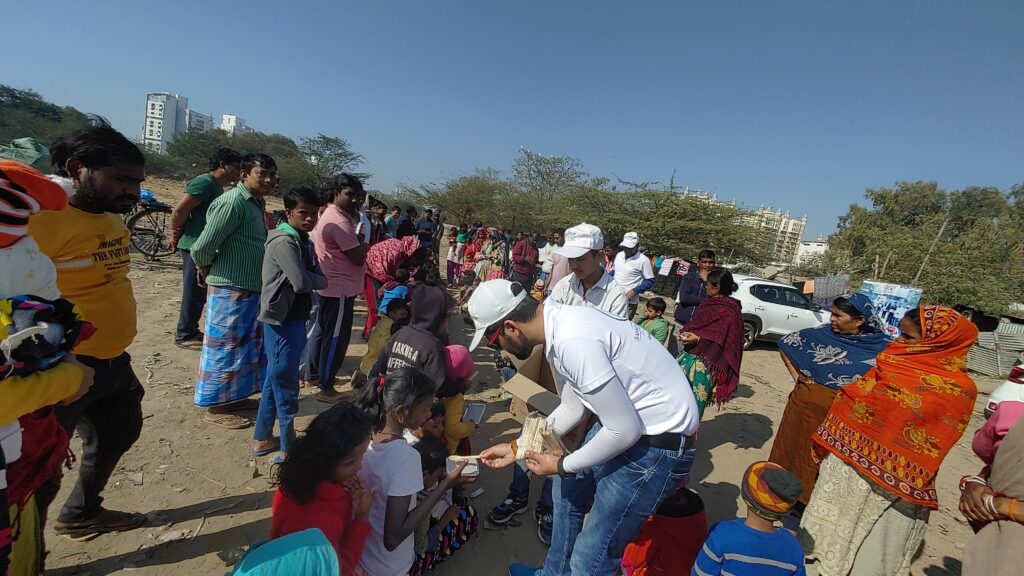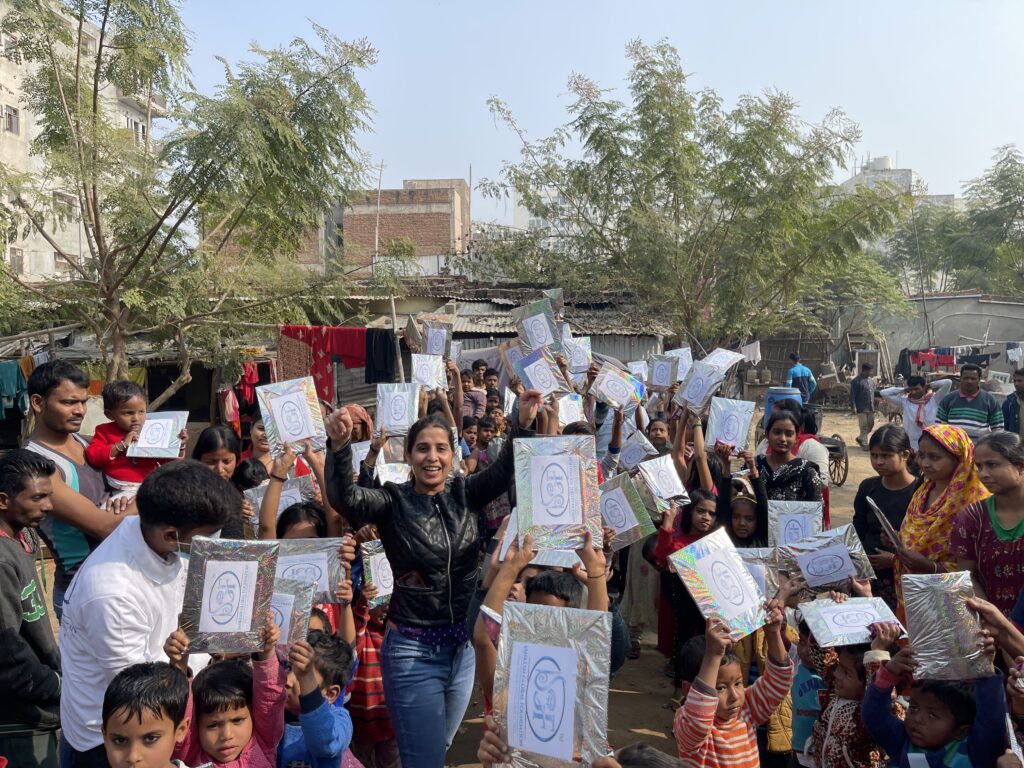India, a land of diversity and contrasts, is home to over a billion people. While it boasts a thriving economy and a burgeoning middle class, it also harbors deep-seated issues such as poverty, inequality, and lack of access to basic necessities. In the face of these challenges, charity organizations in India have emerged as catalysts for change. This blog explores the vital role played by these organizations in transforming lives and communities across the country.

The Landscape of Charity in India
Charity and philanthropy are deeply rooted in India’s history and culture. From ancient times, the concept of “seva” or selfless service has been integral to Indian society. Today, this tradition continues through numerous non-governmental organizations (NGOs), charitable trusts, and dedicated individuals who work tirelessly to address the nation’s most pressing issues.
Tackling Poverty and Hunger
India is home to a significant portion of the world’s poor, with millions struggling to meet their basic needs. Charity organizations in India play a pivotal role in combating poverty and hunger. They provide food, clothing, and shelter to the homeless and marginalized populations. Moreover, they empower these communities through skill development programs and employment opportunities, offering a path towards self-sufficiency.
Empowering Education
Education is often regarded as the gateway to a brighter future. Recognizing this, charity organizations in India focus on bridging educational gaps. They establish schools in remote areas, offer scholarships to underprivileged students, and provide essential educational resources. These initiatives not only promote literacy but also open doors to a world of possibilities for countless children.

Healthcare Initiatives
Access to quality healthcare remains a significant challenge in India, particularly in rural areas. Charity organizations run healthcare programs, clinics, and mobile medical units, bringing essential medical services to underserved communities. Additionally, they conduct health awareness campaigns to promote preventive healthcare practices and improve overall public health.
Disaster Relief and Rehabilitation
India is prone to natural disasters such as floods, cyclones, and earthquakes. Charity organizations are often the first responders in such crises, providing immediate relief in the form of food, clean water, and shelter. These organizations also play a crucial role in long-term rehabilitation efforts, helping affected communities rebuild their lives and infrastructure.
Women’s Empowerment
Gender inequality persists in many parts of India, limiting opportunities for women. Charity organizations are actively involved in empowering women through vocational training, awareness campaigns, and support for women entrepreneurs. These initiatives not only enhance the status of women but also contribute to the economic development of communities.

Challenges Faced by Charity Organizations
While charity organizations in India are making remarkable strides, they encounter several challenges in their path:
1. Funding Constraints
Raising funds consistently to support their programs is a perpetual challenge. Many organizations rely on donations, both domestic and international, and must continuously demonstrate their impact to attract donors.
2. Bureaucratic Hurdles
Navigating India’s bureaucratic landscape can be cumbersome. Obtaining the necessary permits, complying with regulations, and managing administrative tasks can be time-consuming and resource-intensive.
3. Scaling and Reach
India’s vast and diverse population presents a scaling challenge. Reaching remote and marginalized communities can be logistically complex and expensive.
4. Sustainability
Ensuring the sustainability of their programs is vital. Charity organizations often strive to create self-sustaining models, but this can be difficult in impoverished areas.
Innovations and Solutions
Despite these challenges, charity organizations in India are known for their innovation and adaptability. They harness the power of technology and social media to reach a wider audience, raise funds, and maintain transparency in their operations. Collaborations with corporate partners and government agencies also help them extend their reach and impact.
The Way Forward
Charity organizations in India are pivotal in addressing the nation’s pressing issues and improving the lives of millions. Their dedication, innovation, and resilience are commendable. To support their efforts, individuals and businesses can contribute through donations, volunteering, or forming partnerships.

Conclusion
In conclusion, charity organizations in India are indispensable agents of change in a country marked by its diversity and challenges. As they continue to navigate obstacles, innovate, and expand their reach, their impact on India’s future remains immeasurable, offering hope and transformation to those who need it most.
NGOs like the Sankesh Global Foundation, are champions of change, addressing poverty, education, healthcare, and more. Despite facing hurdles, their innovation and dedication shine through. The Sankesh Global Foundation, in particular, is making a substantial impact on underprivileged communities through its diverse programs.
To support these crucial efforts, individuals and businesses can contribute through donations, volunteering, or partnerships. Together, we can continue to brighten the lives of those in need and build a better India.

